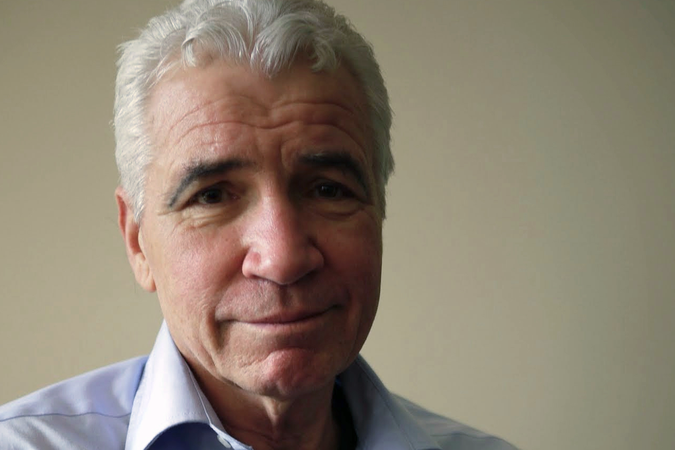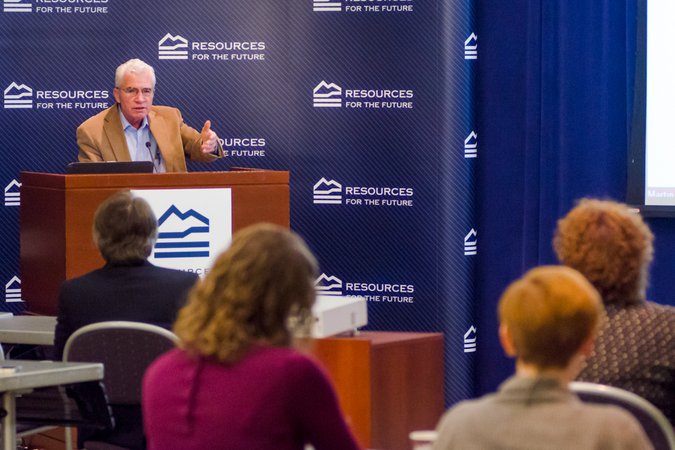New Episode of Resources Radio: “A Tribute to Marty Weitzman, with Gernot Wagner”
WASHINGTON, DC—Resources for the Future (RFF) today released a new installment of Resources Radio: “A Tribute to Marty Weitzman, with Gernot Wagner.”
Host Daniel Raimi and Professor Gernot Wagner of New York University discuss the life and work of Harvard economist Martin Weitzman, one of the world’s leading scholars on the economics of climate change. Weitzman’s research has significantly influenced the field of environmental economics, particularly with regard to market-based climate change policies. Wagner was a collaborator of Weitzman’s, and he reflects on the professional and personal accomplishments of his close friend.
Notable quotes from the podcast:
- “In his paper, and frankly, his work in general, it was about the uncertainties. It was about the not knowing, and it was about minimizing those uncertainties, sort of minimizing the potential to be wrong in this instrument of choice.”—Gernot Wagner (10:42)
- “So Marty basically said, ‘Wait a second. How could the IPCC [Intergovernmental Panel on Climate Change], you know, hundreds of climate scientists . . . how could they possibly conclude [and] use one of those [tail] distributions and not the other?’”—Gernot Wagner (16:45)
- “If you take this thick, fat-tailed question seriously, [then] it’s not possible to do what economists typically do. And, of course, that is a dismal conclusion, right? That's sort of saying: wait a second, on a deeply theoretical statistical level . . . in a fat-tail distribution, the mean doesn't exist. The expected value—it doesn't exist. You can't actually calculate what economists calculate.”—Gernot Wagner (23:31)
Resources Radio is a weekly podcast series exploring timely environmental, energy, and natural resources topics, and can be found on iTunes, Stitcher, Spotify, and SoundCloud.
Related
Resources for the Future (RFF) is an independent, nonprofit research institution in Washington, DC. Its mission is to improve environmental, energy, and natural resource decisions through impartial economic research and policy engagement. RFF is committed to being the most widely trusted source of research insights and policy solutions leading to a healthy environment and a thriving economy.
Unless otherwise stated, the views expressed here are those of the individual authors and may differ from those of other RFF experts, its officers, or its directors. RFF does not take positions on specific legislative proposals.
For more information, please see our media resources page or contact Media Relations and Communications Manager Annie Tastet.



